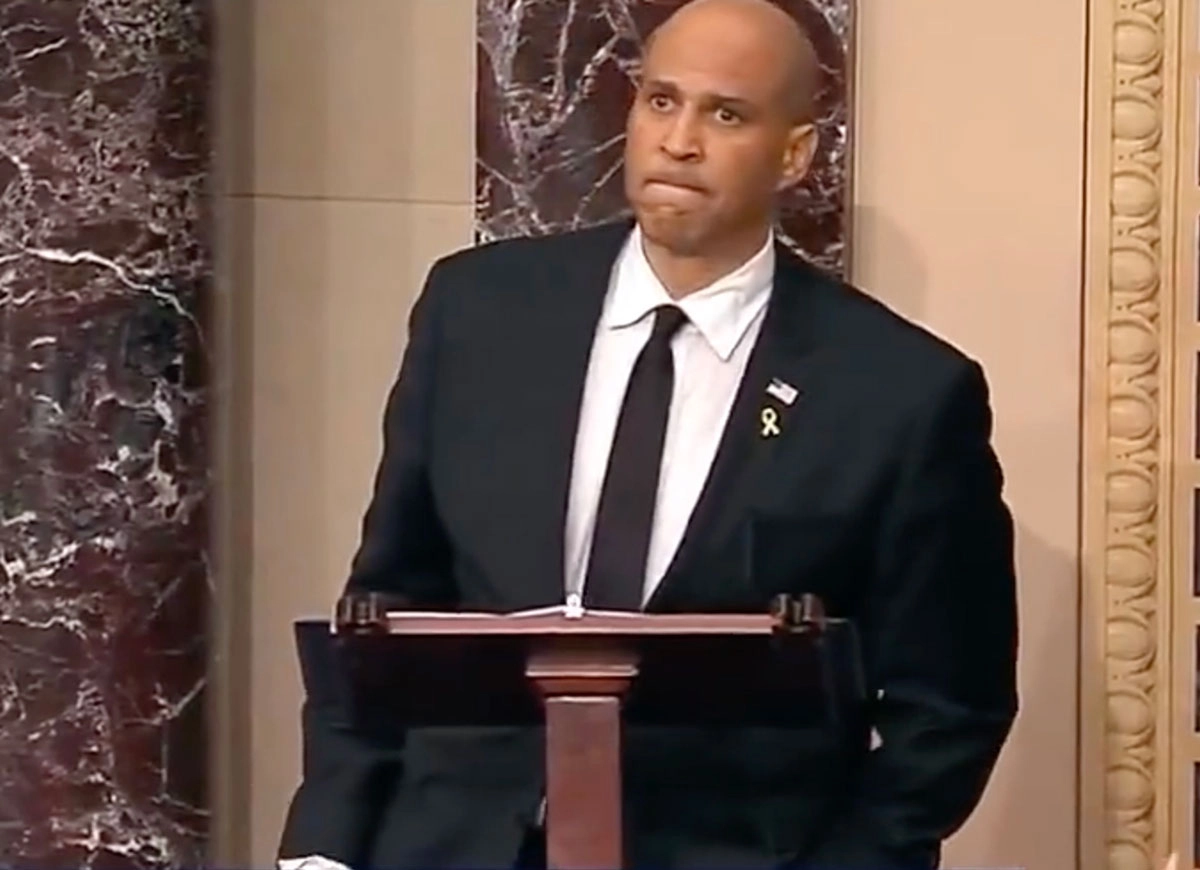The Perfect Storm by Twista

3/5
Eighteen years ago, Twista was inducted into the Guinness Book of Records as the fastest rapper in the world. And though his record of eleven syllables per second has since been surpassed—the title is currently held by Spain's Chojin, with fifteen—the artist's erstwhile title is almost universally invoked with any mention of his name, for the simple reason that Twista's speed and agility as a lyricist has, for many years, been one of his strongest selling points: his gimmick, if you will. It also doesn't help that, typical to this point, his highest charting and best known single, the number one “Slow Jamz”, features a death-defyingly fleet-tongued verse. It is for these reasons—and perhaps that it's often difficult to understand what he's saying—that Twista has at times run the risk of being dismissed by the listening public as a novelty act. However his latest album, The Perfect Storm, finds the artist further honing and refining his gifts by benevolently calming the raging syllabic seas of his previous output, at times slowing the tempo and, most importantly, sacrificing pure technicality in favor of a more sophisticated prosody, in turn, effecting greater levels of coherence.
Smooth-sailing lead-off track “Darkness” is a distillation of the best elements of '90s g-funk, boasting stellar production and a brilliantly crafted verse. In addition to his formidable technical abilities, Twista is also blessed with a particularly loud voice and it is on these more linguistically diffuse tracks that the listener is afforded access to his emotional inner world, resulting in a more dynamic listening experience, for which he even sings a little. Just as strong are the more characteristic “Up to Speed”—lyrically dense to the point of being borderline incomprehensible, but musically ethereal and soothing, throwing Twista's unbridled energy into a more palatable relief—and the lean and menacing “I Do” which, with its murky cellos and '80s horror movie synth-strings, has all the makings of a hip-hop classic.
But less impressive are the Chris Brown duet “Make a Movie”—an ode to amateur pornography, played as a sentimental love ballad without a hint of irony, rendered all the more interminable by Brown's obnoxiously grating auto-tuned vocals and a sleepy, nondescript production—and the equally sentimental, boring and over-produced eschatology-rap “2012.” As an artist whose various handlers and promoters have been trying to break him into the mainstream for 18 years, Twista must feel—and inevitably kowtow to—an inordinate amount of pressure to pander, which, for an original and unique artist such as he, can often prove self-destructive. Where a top-selling rap artist can afford to take risks, Twista is in many ways obligated to play it safe. What's worse, he must “play it safe” under the direction of record executives who, if they could guarantee success with any given formula, would see a much narrower margin of error. A perfect example of this calculated “dumbing-down” is the song “Sweating”, for which Twista has written perhaps the best verse of his career, but has been forced to frame it within a lazy R&B crossover track.
The album's second half is dragged down by a combination of the aforementioned abortive attempts at something resembling Top 40 and underdeveloped tracks like “Cocaine”, “Call the Police” and “Back to the Basics”, that are too heavily reliant upon gangsta cliches and far too hung up on the amusing novelty of Twista's delivery, making The Perfect Storm something of a mixed effort. As I mentioned before, whether he's pushing his technique to the breaking point, or emphasizing content and emotionality over mere showboating, Twista's raps are consistently entertaining but, to botch an old saying: what's a good meal with nothing under it?
RELATED ARTICLES
Get the most-revealing celebrity conversations with the uInterview podcast!





Leave a comment